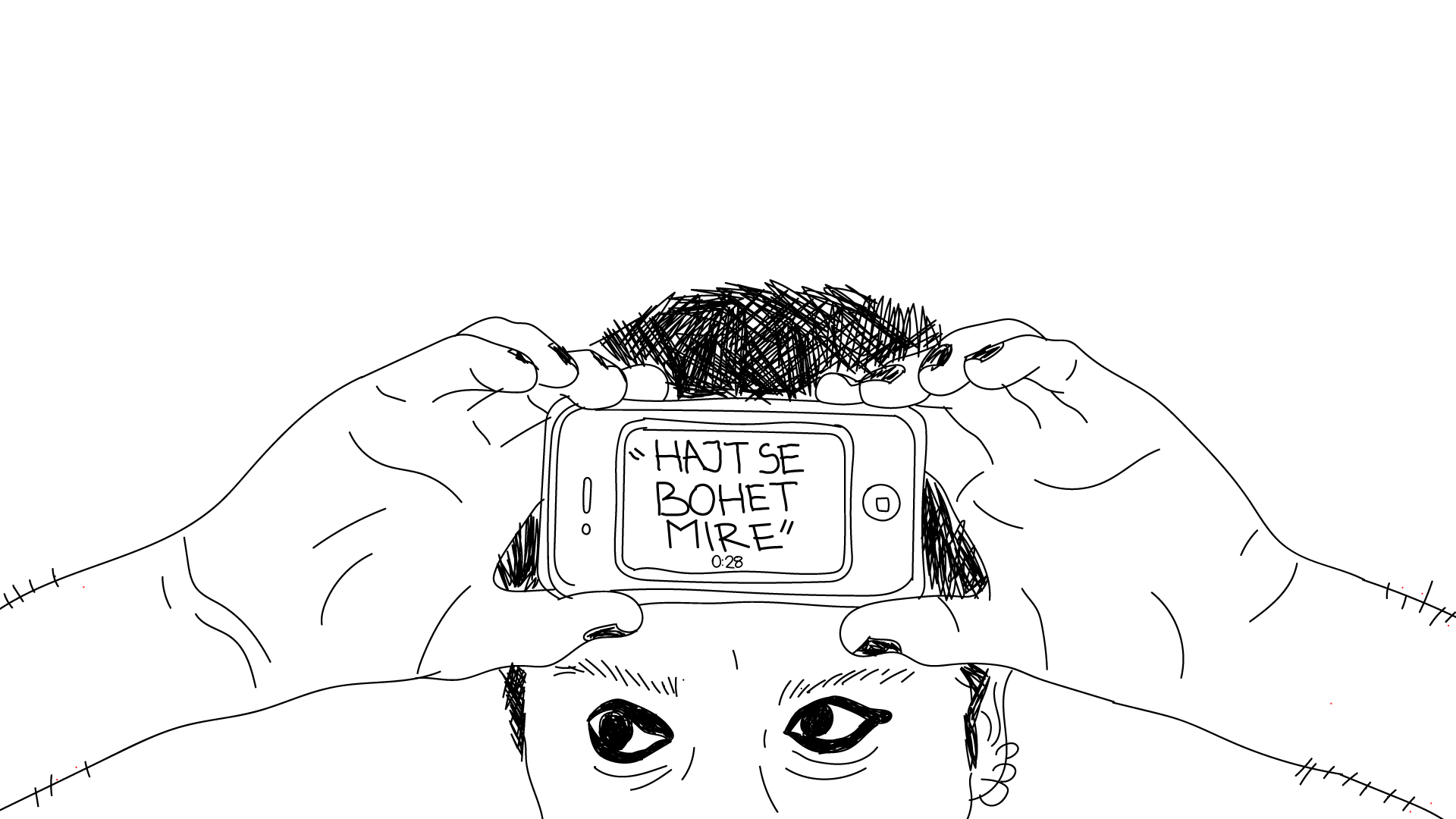
‘It will all work out’
No more hopeful words, we need action.
We lost a brother, a son, a family member and a friend who was so lively that he lit up the whole neighborhood.
Let Kujtim be the continuing and permanent remembrance of what happens when someone turns their head or closes their eyes in the face of injustice.

Artan Asllani
Artan Asllani completed master's studies in Management and Informatics at AAB College in Prishtina. He has been an active part of civil society since 2008. He is committed to promoting the rights of the Roma, Ashkali and Egyptian communities. Since October 2021 he has been an elected assembly member in the Fushë Kosova municipality.
This story was originally written in Albanian.